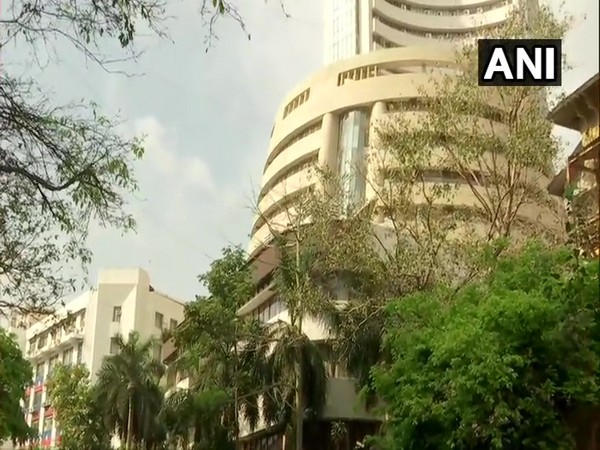US-China Trade Talks Anticipated in London Amid Market Impacts

A new round of high-stakes trade talks between the United States and China is scheduled to take place in London on Monday, aimed at resolving their protracted trade war. US President Donald Trump announced that a senior US delegation, including Treasury Secretary Scott Bessent, Commerce Secretary Howard Lutnick, and Trade Representative Jamieson Greer, would meet Chinese representatives. Beijing confirmed that Vice Premier He Lifeng will attend these discussions, which mark the first meeting of the newly established "China-US economic and trade mechanism." The announcements followed a phone conversation last week between President Trump and Chinese leader Xi Jinping, which Trump described as a "very good talk" focused mainly on trade and resulting in a "very positive conclusion for both countries." According to Chinese state media, Xi urged the US to withdraw negative measures taken against China.
The current trade conflict erupted in February of the year, when President Trump announced sweeping tariffs on imports, with China being the most affected. Beijing responded with its own higher rates on US imports, triggering a series of tit-for-tat increases that peaked at 145%. Previous negotiations in May, held in Switzerland, led to a temporary truce, which Trump termed a "total reset." This agreement saw US tariffs on Chinese products reduced to 30%, while Beijing slashed levies on US imports to 10% and promised to lift barriers on critical mineral exports. Both sides were given a 90-day deadline to reach a comprehensive trade deal.
However, relations soured after the May truce, with both countries accusing the other of breaching the agreement. The US alleged that China failed to restart shipments of critical minerals and rare earth magnets, vital for automotive and computer industries. While China's Ministry of Commerce stated on Saturday it had approved some applications for rare earth export licenses, details were not provided. President Trump mentioned on Friday that Xi had agreed to restart trade in these materials, but White House National Economic Council Director Kevin Hassett indicated on Sunday that while exports of critical minerals have increased, they have not reached the levels believed to have been agreed upon in Geneva.
The talks occur against a backdrop of mixed economic indicators. China's exports in May, despite the truce, grew by 4.8% year-on-year in dollar terms, lower than analysts expected. Simultaneously, imports dropped by 3.4%, a much steeper fall than predicted, and factory-gate deflation deepened. Attention is now on China's upcoming inflation data, which is crucial for assessing domestic demand in the world's largest crude importer. In the US, job growth slowed in May by less than forecast, and unemployment held steady, easing some concerns about the American economy and increasing the odds of a Federal Reserve interest rate cut. US inflation data is also anticipated.
Global markets have reacted to these developments. Oil prices held onto gains from the previous week, supported by the prospect of a US-China trade deal, with Brent crude futures around $66.47 a barrel and U.S. West Texas Intermediate (WTI) crude trading near $64.59. However, concerns loom over increased OPEC+ supply, with HSBC expecting the group to accelerate supply hikes, potentially risking the bank's $65 per barrel Brent forecast from the fourth quarter of 2025. Capital Economics researchers believe this faster pace of OPEC+ production increases is likely to persist. Asian financial markets saw shares climb on Monday, with MSCI's broadest index of Asia-Pacific shares outside Japan up 0.7% and Japan's Nikkei rising 0.9%. Hong Kong's Hang Seng Index and China's blue-chip CSI300 also posted gains. The dollar eased against the yen and the euro, while sterling traded higher. Conversely, Euro Stoxx 50 futures pointed to a decline, and U.S. stock futures slid slightly. Market sentiment was also reportedly affected by a standoff in Los Angeles, where President Trump called in the California National Guard to quell demonstrations over his immigration policies.
Analysts remain cautious. Kyle Rodda, a senior financial market analyst at Capital.com, stated, "Trade policy will remain the big macro uncertainty. Signs of further momentum in talks could give the markets fresh boost to kick-off the week." Jeff Ng, Head of Asia Macro Strategy at SMBC, noted that markets are facing "mixed fortunes," balancing optimism over trade and the U.S. economy against potential social unrest in California. He added that while progress in trade talks could help, markets might not have priced in a significant breakthrough.












